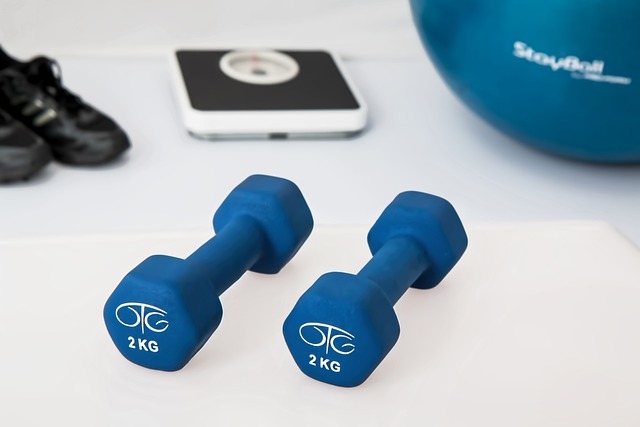It’s so hard these days to find sensible evidence-based advice on how best to control your weight! The internet and social media are filled with articles on the next best celeb diet from the Ketogenic diet to the metabolic diet, the low carb diet, macrobiotic diet, liquid only diet and everything in between!
So, what is the key to successfully managing your weight when your training? Read on for some evidence-based Sports Dietitian Tips for long-term sustainable weight loss.

1.Fight the Fads
The first step to successful weight loss is to avoid faddy diets and restrictive eating. It’s true these diets will result in weight loss, but these effects can be short-lived. These diets also often eliminate whole foods groups which can result in nutritional deficiencies, affect your energy levels, increase the risk of injury and affect your health and immunity.
2. Be Sensible
The key is if we are sensible we can improve our body composition reduce body fat and manage our weight providing we get one principle right! To alter our body weight and body fat, we have to think about Energy Balance!
What’s this? In summary – if the amount of Energy or Calories you consume exceeds or is greater than the amount of energy you expend or burn on a daily basis, you are likely to gain weight. If the amount of energy you expend is greater than the amount of energy you consume you will lose body fat and body weight. If you consume roughly as much energy as you expend on a day-to-day basis, your weight is likely to remain stable
3. Introduce a sensible Calorie deficit
If you are trying to lose weight you need to be in Negative energy balance. Reduce your Total energy or calorie intake per day by 200-500kcal and no more than this. This should achieve a slow healthy and gradual weight loss of 1-2lb/ week. To do this you need to determine how much energy you are consuming on average from food and fluids on a daily basis. Apps like My Fitness Pal are useful ways of tracking your intake or consult with a Registered Sports Dietitian who can analyse your dietary intake for you.

4.Maintain a Good Quality protein Intake.
If you are attempting to loose weight you need to preserve your lean muscle mass otherwise your body will use this as an energy source. This is not the key to long-term weight loss or performance. To prevent this aim to include good sources of protein (e.g. fish, meat, eggs, yoghurt, milk, cheese, lentils or beans) at each meal. Recommended Protein guidelines for weight loss for the athlete population to preserve lean muscle mass are between 1.6-2.6g/kg per day.
5.Think Quality
It’s Important to consider the quality of the food you are eating if you are attempting to loose weight. Choose fibre rich or whole grain carbohydrates e.g. wholegrain bread, brown rice and pasta instead of refined carbohydrates e.g white bread, pasta and rice and choose high quality protein e.g. white fish, lean meat, yoghurt, eggs and cheese and choose healthy fats e.g. monounsaturated fats such as rapeseed oil or olive oil instead of saturated or unsaturated fats.
6.Periodise your Intake
The key to successful weight loss for recreational up to elite level athletes is to recognise that energy intake needs to be balanced against training. There is no one size fits all approach, every sport is different, every athlete is different, and an individualised approach is important. Athletes need to recognise that on some training days where the intensity and volume of training is greater the need for energy and particularly carbohydrate will be higher whereas on low volume training days or rest days requirements will be lower. Periodising energy intake against training enables an athlete to manage their weight successfully.

For help and Support, Dietary analysis, individualised and tailored recommendations to support health, well-being and weight loss please get in touch.


0 Comments